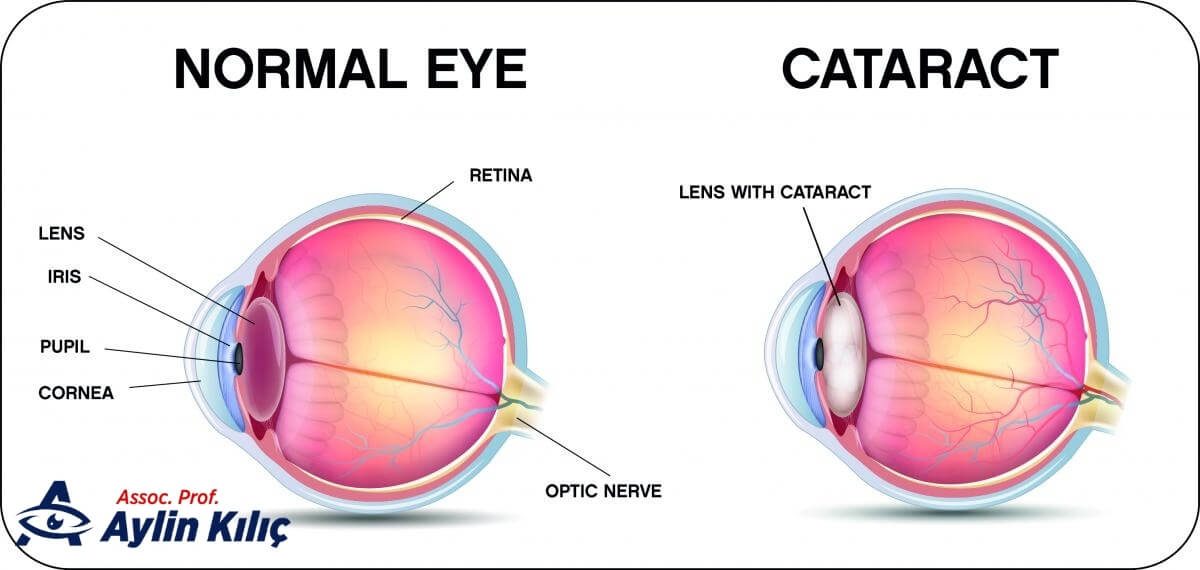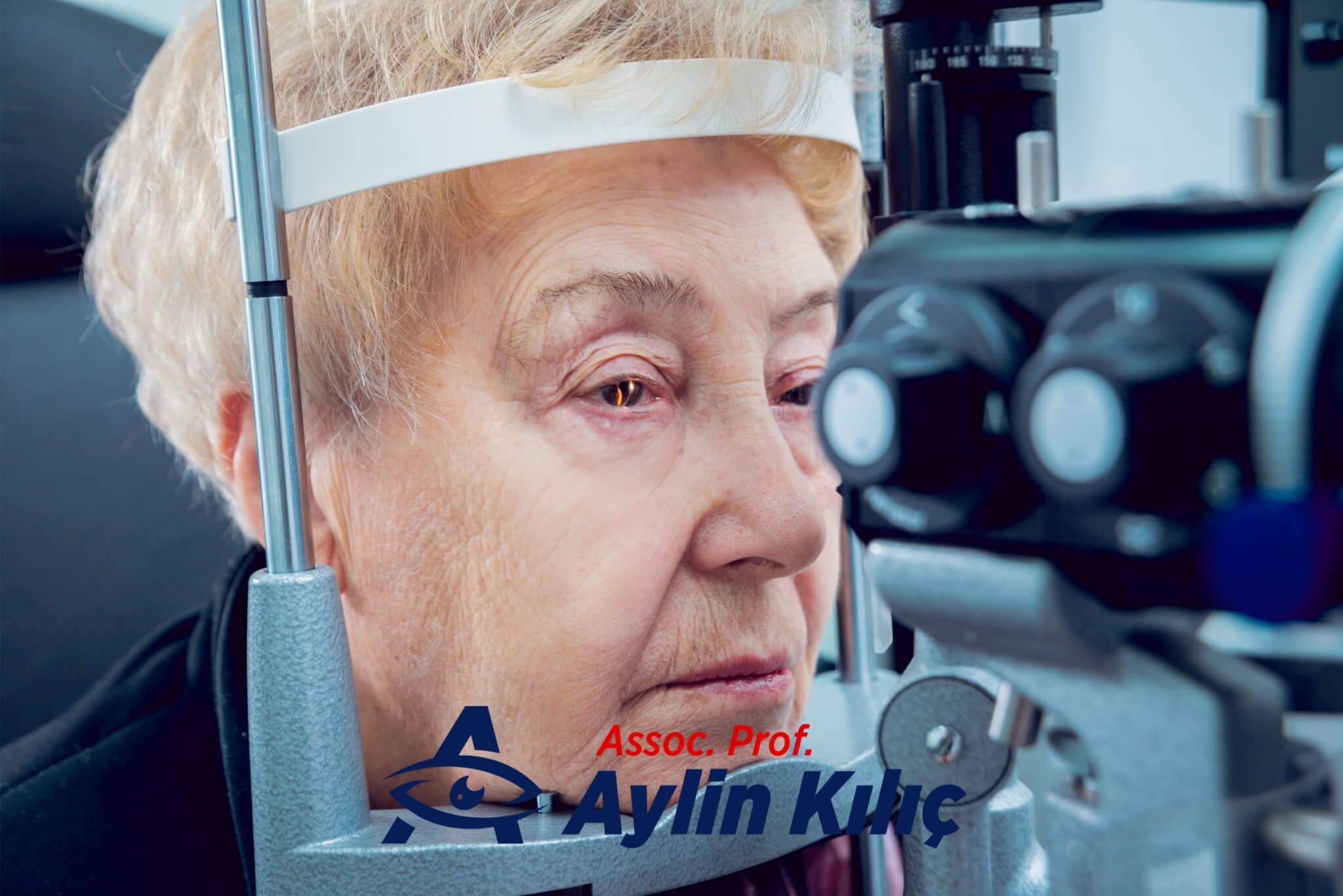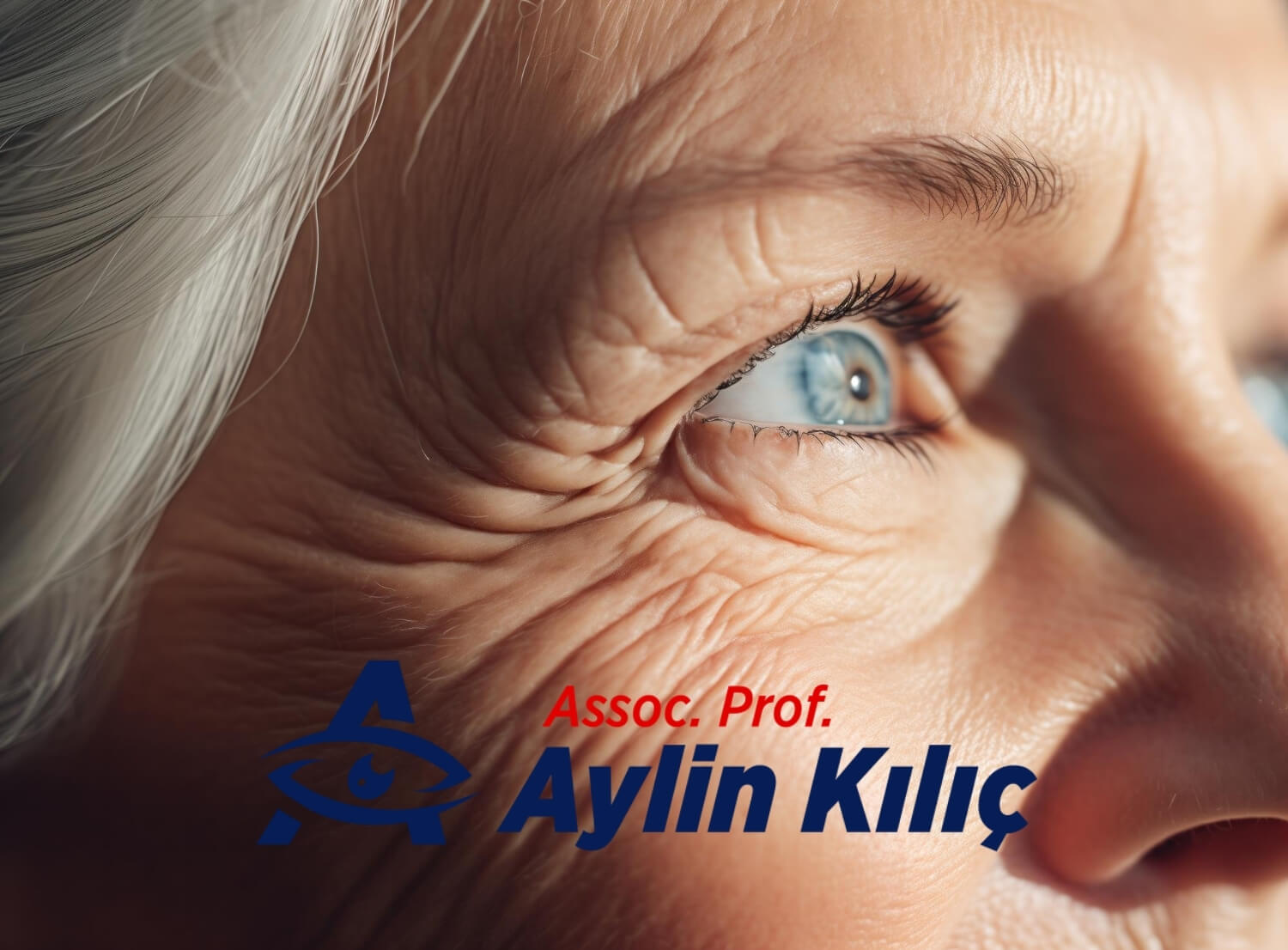Cataract is a serious eye disease that directly affects a person’s vision and can lead to blindness in the later stages. The patient needs to be treated with surgical intervention in order to regain vision. The fact that it is such an important condition that directly affects vision also causes many questions about cataracts. We receive a lot of questions not only about cataract surgery but also after cataract surgery.
In this blog, we will talk about the points to be considered after surgery and the complications that patients may encounter. Let’s remove the question marks in your mind.
What is Cataract and How is the Surgery Performed?
Before moving on to our topic, let’s briefly recall cataract once again. This disease occurs when the fibrous structure in the lens of the eye deteriorates and begins to break down. Over time, the transparent lens becomes opaque and this causes the vision of the eye to close.
Although it is usually an age-related disease, we can also see that this condition develops due to various influences or genetic factors.
In cataract surgery, the damaged lens of the eye is removed and replaced with an artificial lens that will correct vision. This procedure is usually short and does not require hospitalization. Mostly local anesthesia is preferred and the surgery is both fast and safe.
Here we have briefly summarized the process so far. Now let’s move on to the parts after cataract surgery, that is, our main topic.
 What are the Things to Consider After Cataract Surgery?
What are the Things to Consider After Cataract Surgery?
For better understanding. We will proceed item by item here. Of course, as we will state in every article, the main thing will be what the doctor recommends to you. Your doctor will give you a road map for the healing process.
- On the same day after surgery, your doctor may ask you to wear an eye patch or a protective bandage. However, this is usually for a very short time.
- To prevent infection and complications such as eye pressure, your doctor will give you the necessary eye drops and you should use them at the specified intervals.
- Avoid rubbing or scratching the eyes. A hard rubbing may cause damage to your operated eye.
- In the first days (your doctor will tell you), you should avoid contact of the operated eye with water.
- Physical activities to be done for a certain period of time after the operation should be careful.
- Pay attention to the hygiene of the eye. Care is important against the risk of infection.
- Activities such as swimming should be avoided immediately after the surgery.
- In this process, you should avoid eye makeup for a certain period of time.
All these should be taken into consideration during the healing process and the process after cataract surgery should be spent by following the doctor’s recommendations exactly. In this way, complications that may occur are prevented and recovery is accelerated.
We have talked about the things to be considered after cataract surgery. Let’s also talk about the conditions that may occur after surgery. There are many questions on this subject. Let’s move on to the answers.
 What are the Complications After Cataract Surgery?
What are the Complications After Cataract Surgery?
Even if your surgery was successful and the process is progressing normally, there may be some complications that you may experience. Most of these complications occur during the healing process and are mostly temporary. Let’s talk about the most common ones.
Glare in the eye after cataract surgery
Glare in the eye after cataract surgery can be defined as a side effect that can be seen in patients. This situation often occurs due to the spread of light from the light source in the eye.
The glare, which is more pronounced in the first days, passes spontaneously during the healing process. If the feeling of glare in the eye continues for a long time after cataract surgery, it is absolutely necessary to consult a doctor.
But as we said, most of the time this condition is temporary. It occurs more frequently when driving at night, in environments with intense bright lights and when looking directly at light sources. Patients may prefer to wear protective glasses until the healing process is complete.
Dry eye after cataract surgery
We have mentioned this issue in our previous blogs. Dry eye condition may occur after surgery. We usually see that this effect is eliminated within the drops and treatment process given by the doctor.
You may also experience itching, watering, burning or stinging sensation due to dryness, which, as we said, is often temporary.
Stinging sensation after cataract surgery
Some patients may experience a slight stinging sensation in the eye after the operation. We see that this is caused by dry eye due to reasons such as a temporary decrease in tear production, the effect of the medications used. But most of the time, this feeling disappears when recovery is achieved.
We can say that these are the most common complications, or rather the complications that can be experienced. Before we finish our article, we would like to talk about when vision improves.
 When Does Vision Recover After Cataract Surgery?
When Does Vision Recover After Cataract Surgery?
The healing process varies according to the degree of cataract. In advanced cases, since more effort will be made in the eye, edema may occur and the healing process may be prolonged.
However, under ideal conditions, vision starts 1 day after cataract surgery and continues to improve a little more every day. It may take up to 1 month for vision to recover completely.
In this process, you should definitely consult your doctor if unexpected situations such as extra complications, vision loss, severe pain that does not decrease occur. Apart from that, we recommend that you pay attention to postoperative care and the medication routine prescribed to you. This is very important in order to prevent possible negativities.




